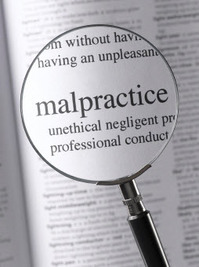The Texas Court of Appeals had affirmed a trial court’s grant of summary judgment for a lawyer defending a legal malpractice claim brought by a former client. The client originally hired the lawyer to represent him in a lawsuit to modify the client’s custody arrangement with his ex-wife. Prior to the trial, the lawyer withdrew from the case by mutual consent. The client then lost the custody case, and then rehired the attorney to appeal the decision.
On appeal, the lawyer overturned one trial court ruling regarding allocation of fees and costs, but failed to overturn the denial of a motion to change venue. The client then sued the lawyer on multiple negligence and breach of contract counts. After two years of discovery, the client had failed to designate exerts within a deadline established by the trial court. The attorney moved for summary judgment on all counts, arguing that the client’s multiple claims amounted to a single legal malpractice claim, which required expert witness testimony. The court agreed and dismissed the case. The client appealed.




